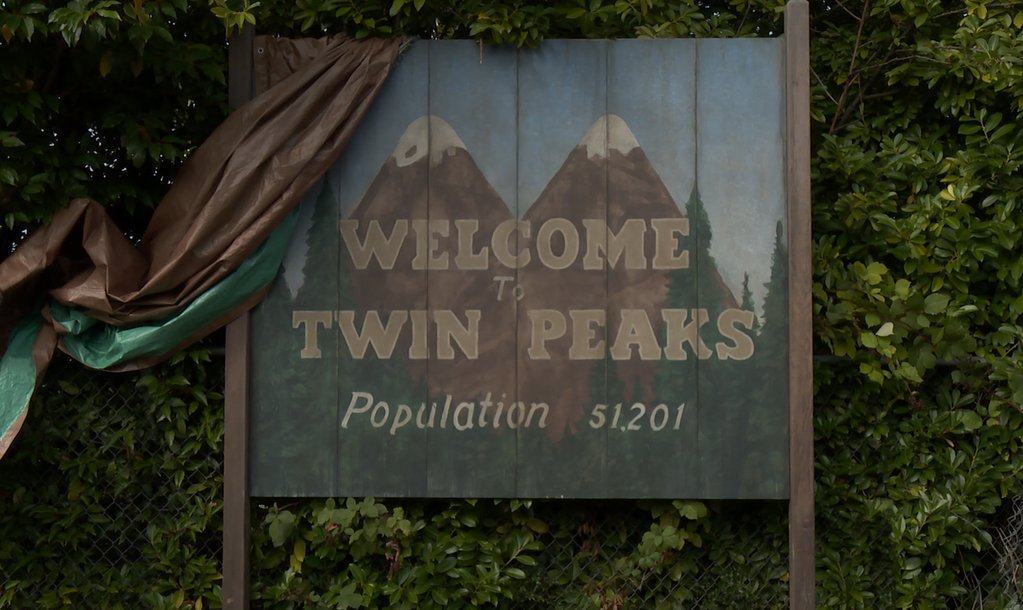Why You Need to Watch the 'Twin Peaks' Revival

Cameron Lee ’20 / Emertainment Monthly Staff Writer
Spoiler Alert: This piece contains spoilers regarding all of Twin Peaks
It’s almost time to come home; after 26 years, David Lynch is ready to welcome us back to the strange but intoxicating world of Twin Peaks. If there was ever a show in this modern age of revivals that needed to be brought back for one last season, it would be Twin Peaks. When it premiered in the spring of 1990, there was nothing else like it on TV. Its blend of mystery, soap opera dynamics, horror, and surrealism made for an engaging, out of body, sometimes frustrating journey. It was way ahead of its time and was cancelled with a maddening cliffhanger that saw Agent Cooper possessed by the evil spirit BOB. For many people, that ending stands as the most frustrating series ending of all time (sorry Lost, at least you had an ending; Twin Peaks did not). After its cancellation, many shows took inspiration from Twin Peaks and infused it into the DNA of their shows: shows such as Lost, Riverdale, and even The Sopranos.
If you happened to never watch Twin Peaks and are interested in watching the revival, there are some crucial things you must know going in. First off you cannot- I repeat, you cannot- go into this without seeing the entire show and its film companion, Fire Walk With Me. Fire Walk With Me is apparently essential to the revival, as Lynch himself claimed while doing press for the revival. In an article by Alan Sepinwall for Uproxx, Lynch told the press, “I could say it’s the story of Laura Palmer’s last seven days. Very much important for this.” Take that for what it’s worth, but if Lynch says it’s important, then it’s probably pretty important. Second, the revival is basically one long movie edited into 18 episodes. Lynch directed the whole thing and also co-wrote it with his Twin Peaks partner Mark Frost. TV has recently been veering into this so-called “one long movie” approach, with Game of Thrones showrunners David Benioff and D.B. Weiss recently comparing their show to a film.
This is particularly important for Twin Peaks because this revival feels like the culmination of the concept of “one long movie” TV shows. With a master like David Lynch at the helm, he could very well change the course of original programming like he did with the original Twin Peaks. With most of the original cast coming out of retirement to portray their beloved parts one last time, and the amazing Angelo Badalamenti returning to compose what is the greatest TV score ever, this really feels like a sort of landmark farewell for not just the show, but for Lynch himself. In a recent talk with the Sydney Morning Herald, Lynch confirmed that Inland Empire (2006) would be his last feature film. He told the paper, “Things changed a lot, so many films were not doing well at the box office even though they might have been great films and the things that were doing well at the box office weren’t the things that I would want to do.”
